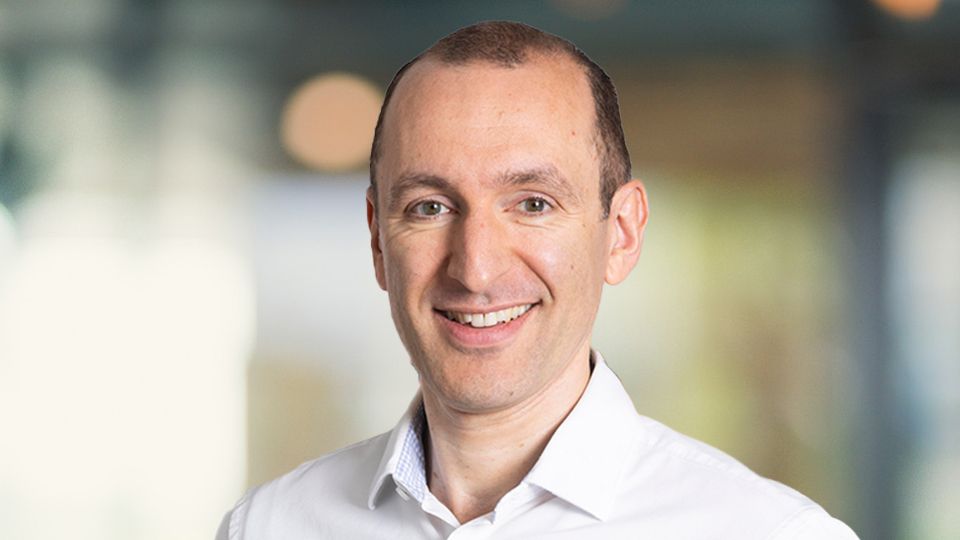Mobilising capital to protect and enhance biodiversity, greater emphasis on social impact and a better awareness of how ESG investing is critical for a sustainable future are all on the wishlist for members of the sustainable investment community heading into 2024.
Last year marked an inflection point in the responsible investment space, and 2024 is set to be an important year in solidifying the road ahead, with further progress expected on regulation and multiple global elections setting the tone for the year. It is also the year ‘ESG’ as a term turns 20, as highlighted by Downing’s Roger Lewis below.
Here, investment professionals share their 2024 outlook, incorporating a wishlist of things they’d like to see come to fruition.

Less criticism of ESG as a name and greater awareness of its contribution
Roger Lewis, head of responsible investment, Downing
Turning 20 is usually an exciting time. No longer a teenager, early years at university and full of optimism for the future. In 2024, ESG – three distinct disciplines spliced together to form shorthand for investing sustainably and having seen a boom in recent years – is also turning 20.
It was back in 2004 that UN Secretary General, Kofi Annan, coined environmental, social and governance (ESG) as a way for companies and investors to “care, and to win”. However, instead of excitement, ESG is facing an uncertain future. For hype that hasn’t achieved anything, look at the endless upward march of parts per million of carbon in the atmosphere. For claims that “return always comes first” for fiduciaries, look at the political backlash towards the term in the US.
Core sustainability concepts, however, are facing brighter prospects and more integration in investment, corporate and geopolitical activities. One of those concepts, natural capital, combines responses to climate change and nature. While COP28 did not, indeed could not, achieve binding emissions targets, it showed progress. Nature enjoyed measurement, assessments and disclosures for the first meaningful time in 2023. Regulation is bringing structure and rigour. This includes labelling products to help consumers, combatting misleading claims about sustainability and providing supervision where needed (read ESG data providers). And surrounding all this is stewardship with dialogue about sustainability risk and opportunity.
So, less criticism of my name and better awareness of how I contribute to a sustainable future after 2050? If I were turning 20, that would be my wish.

Acceleration of private capital into protecting biodiversity
Kate Elliot, head of ethical, sustainable and impact research, Greenbank
Since the Kunming-Montreal Global Biodiversity Framework was adopted in 2022 we have seen a rapid increase in the focus among investors, regulators and companies on understanding biodiversity impacts, but solutions to unlock large flows of private capital into biodiversity protection have remained elusive. The Nature Conservancy has estimated a biodiversity financing gap – between what the world currently spends and what is needed to halt biodiversity loss – in the region of $700bn annually.
This gap cannot be bridged through public financing alone but the use of private capital to fund biodiversity protection remains a nascent concept, in part because of the systemic undervaluation of nature, inconsistent policy signals and a limited pipeline of nature-based projects that can be aggregated to investment scale. I am hopeful that 2024 will see an acceleration of innovation in this space, either through known but underdeveloped mechanisms such as biodiversity credits or the creation of new deal structures, supported by public policy, that enable investors to allocate funds to natural capital preservation.
Next year will also see half the world’s population across 76 countries vote in elections – from national to municipal levels. Not all these election results will impact climate policy, but there are some where the outcome could be quite pivotal to the tone of discourse on climate change and the underlying reality of policy action. While many green technologies have now achieved price parity with their higher-carbon alternatives (or may even be cheaper), many low-carbon technologies still require policy intervention to support deployment either through the removal of subsidies for high-carbon industries or incentivisation of low-carbon innovation. My hope for 2024 is that politicians approach climate change for what it is – an existential threat to our society and economy – rather than a short-term ideological issue.

Improved understanding of social impacts
Daniel Babington, portfolio manager, TAM Asset Management
What I would like to see in 2024 is an evolving of the mindset of a sustainable investor. The asset management industry has made leaps in the ability to generate a positive impact while offering an acceptable risk/return. However, as a sustainable fund selector, I have observed a skew towards the environmental side of the equation. Although this is critical, we should also improve on understanding and assessing our impact on societal issues as well.
Much of my research in the past 12 months has focused on nutrition and food systems, a complex area where the effect on the human body is perpetually oversimplified. Many sustainability focused funds champion sustainable food investments as a sleeve or the forefront of their thematic approach. However, the positive contribution of the investment is often surrounding the environmental effect of food production and distribution, whereas it seems comparatively less analysis is undertaken to understand the long-term effects of these foods on the human body and society.
In 2024, I will continue working to make sure sustainability-focused investments are evaluating societal effects, such as the burgeoning obesity crisis, just as seriously as environmental factors. We have already had relative success in this pursuit, with one the sustainable equity funds we invest with responding well to our assessment of Nestle, the world’s largest provider of ultra-processed foods, conducting engagements and re-evaluating their investment case.
In this vein, I would like to see attitudes shift similarly towards the effect we can have on improving the mental health of our society, and most recently, thanks to the ground breaking work from the CCLA, the extent that modern slavery permeates our everyday lives.








